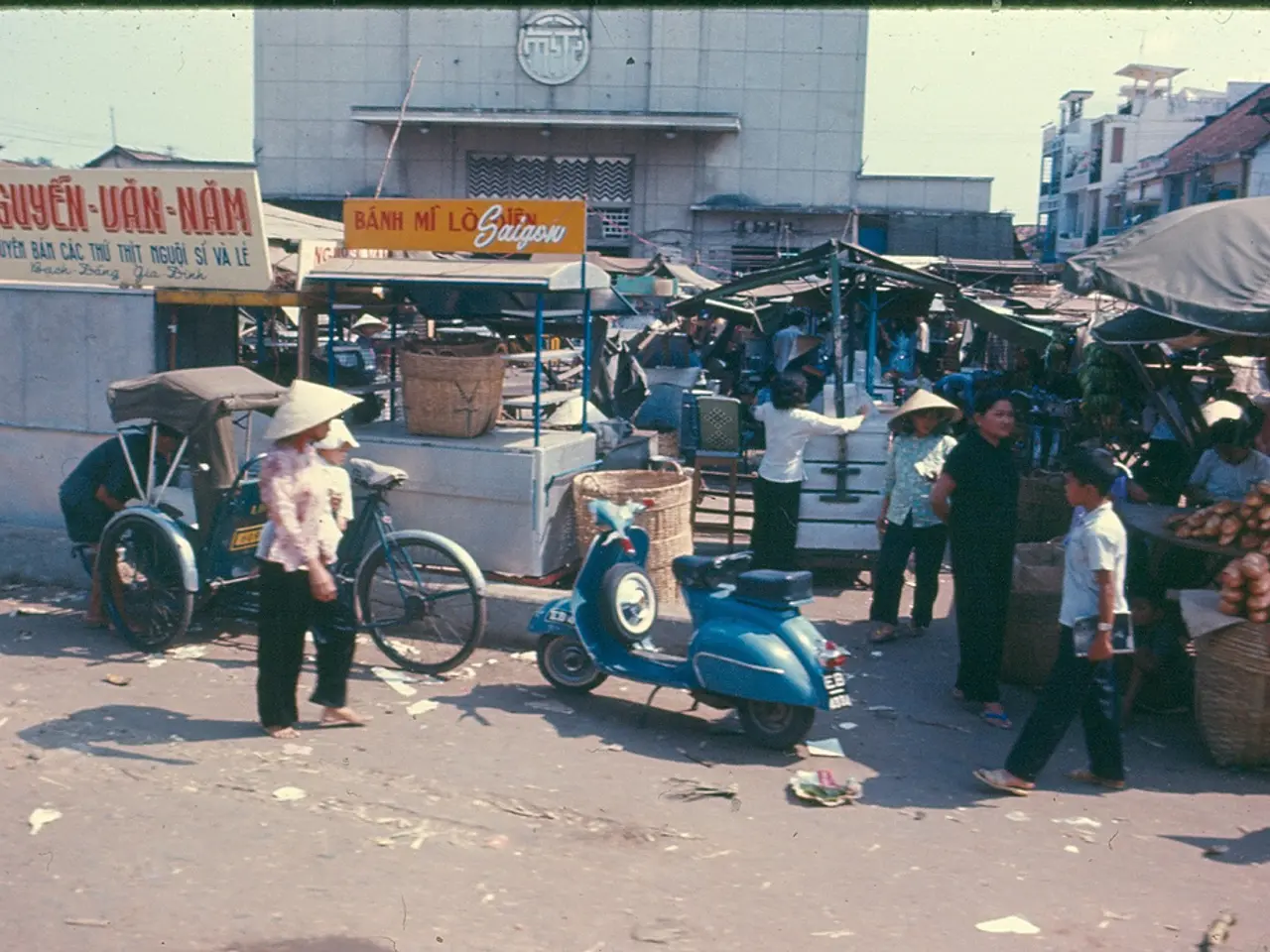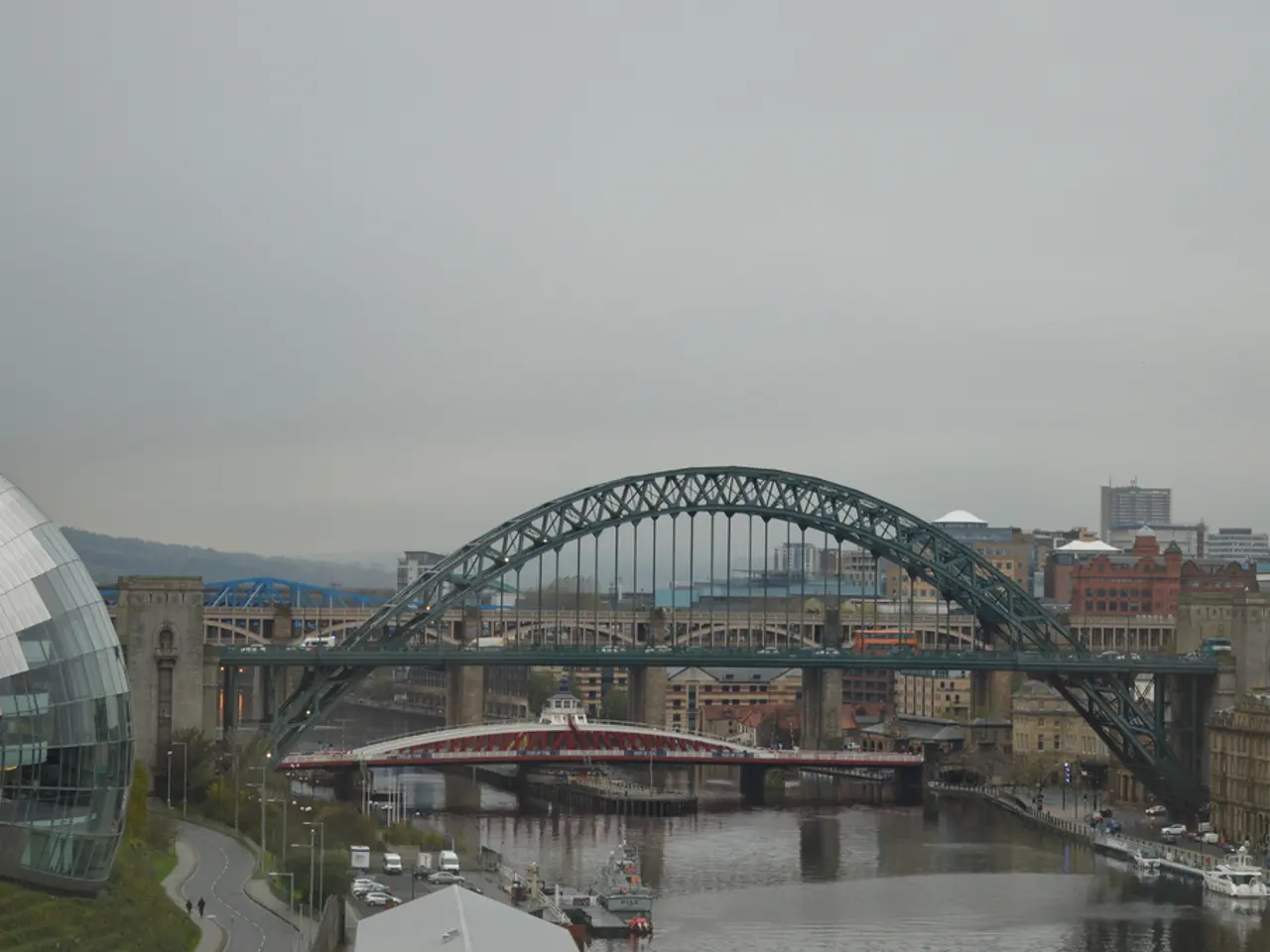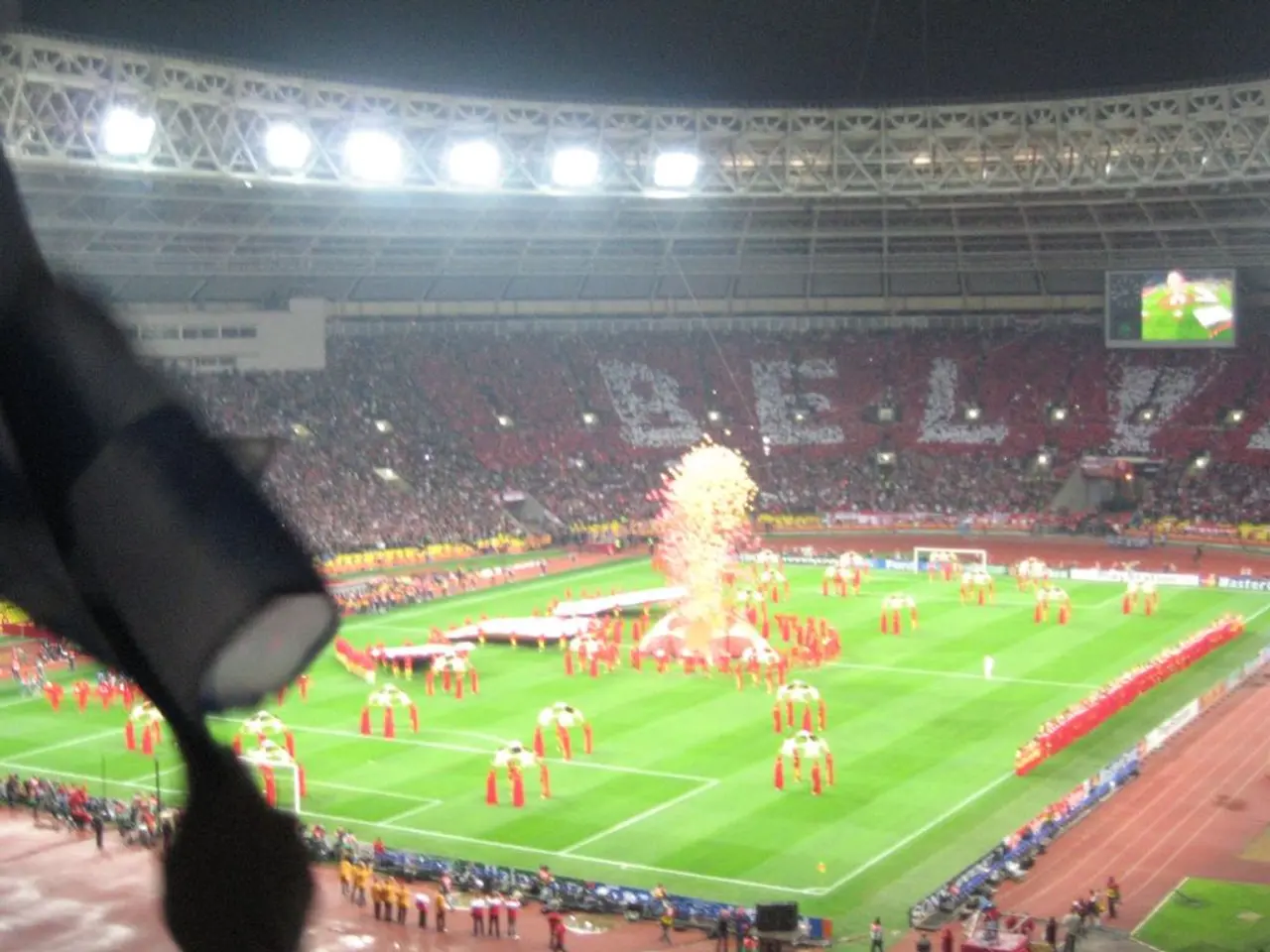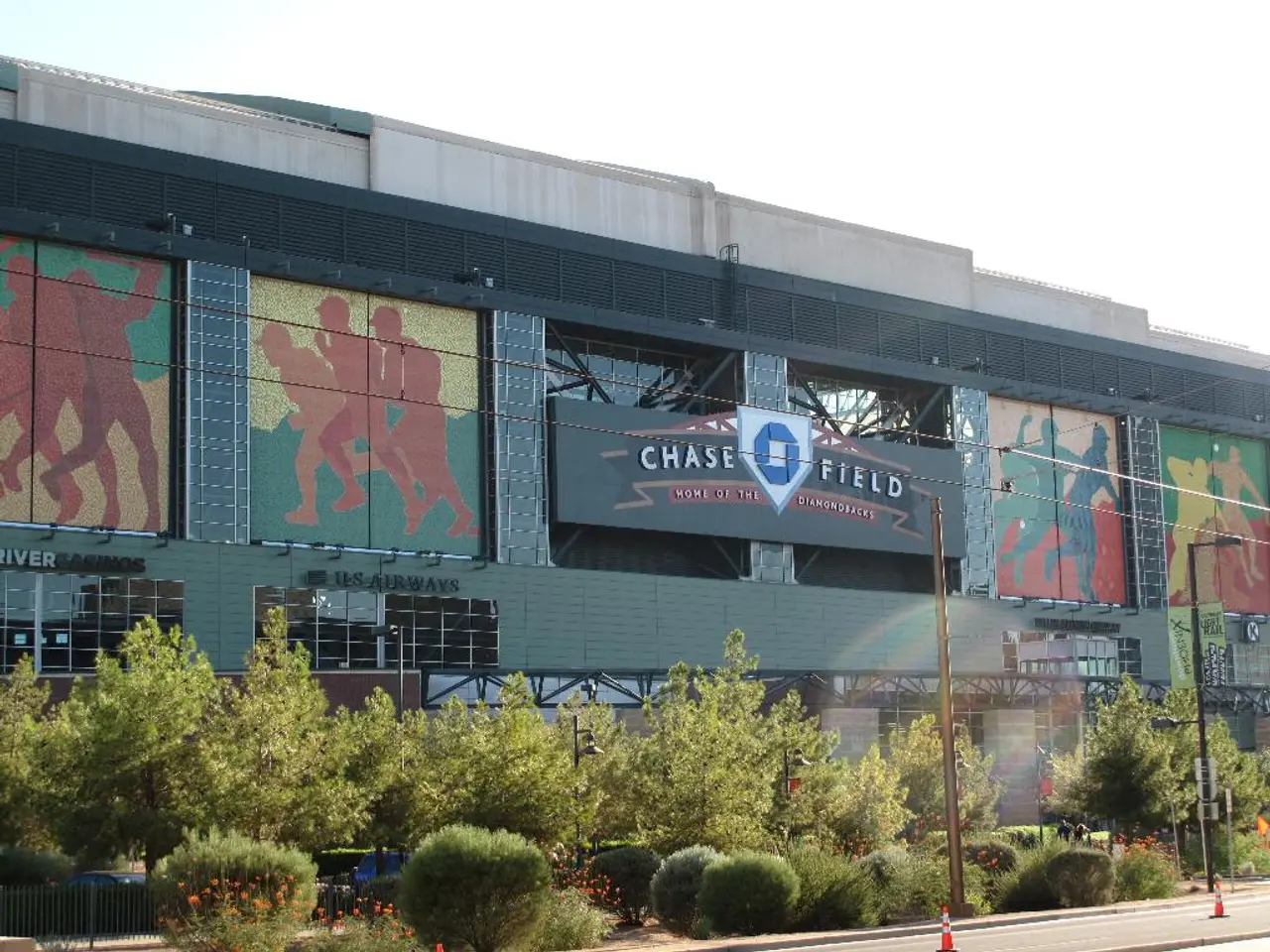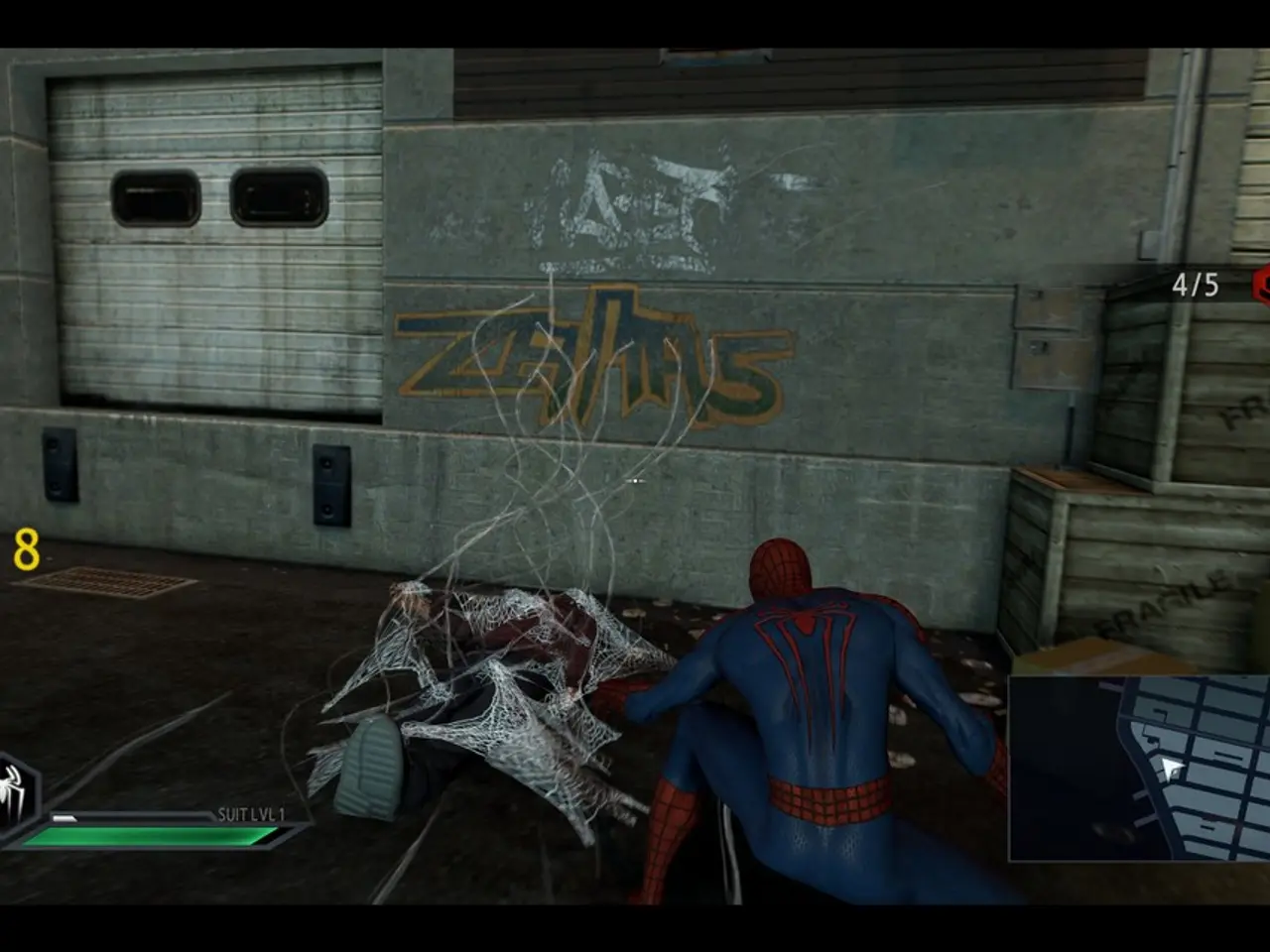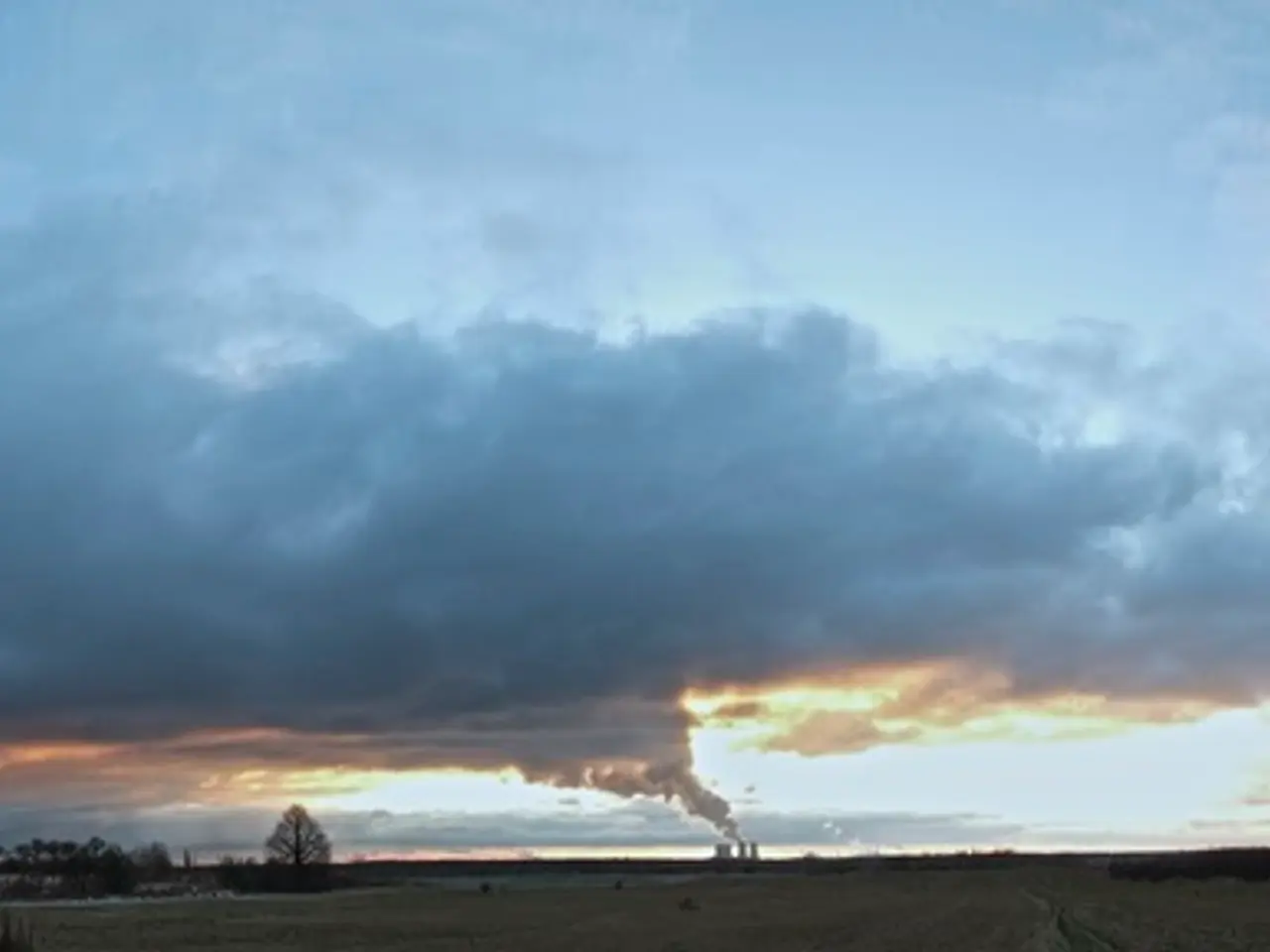Divergence in expenditures associated with waste and sewage treatment among various municipalities
In North Rhine-Westphalia (NRW), Germany, sewage charges for households vary significantly from one municipality to another. This disparity is influenced by several key factors, including the level and complexity of sewage treatment technology, infrastructure investments, industrial and urban wastewater load, and local market factors.
Firstly, municipalities with advanced sewage treatment plants, such as those reaching "level four" treatment standards, tend to incur higher operational and maintenance costs. These costs are often reflected in the sewage charges [1]. Investments in expanding and modernizing sewage infrastructure, like large-scale pipeline replacements and water-main expansions, also contribute significantly to local cost structures [3].
Regional economic factors, industrial activity, and urban development play a crucial role in determining wastewater volume and treatment complexity. NRW's status as a major industrial hub necessitates extensive sewer infrastructure and sophisticated treatment, driving up costs [2]. Local competition among construction and engineering firms affects project costs for infrastructure maintenance and upgrades, indirectly influencing fees [3].
The average lifespan of sewage pipes is 50 years, but more and more municipalities seem to be adopting a depreciation method based on replacement value instead of acquisition value [6]. This practice is criticized by the Federation of Taxpayers, who argue that it leads to inflated charges [7].
As a result of these factors, sewage charges in NRW municipalities can differ greatly. For instance, in 2025, households in Monschau can expect to pay 1,688 euros, while those in Reken will pay only 330 euros [4]. Some municipalities, like Gevelsberg, bill residual waste by weight, which may lead to "frugal" people disposing of their waste with neighbours or in public bins, or even dumping it in the environment [5].
The Federation of Taxpayers conducted a survey with 370 cities and municipalities in NRW, highlighting the need for transparency and fairness in sewage charge calculation [8]. This year, waste disposal fees for a model household (4 people, 120-liter residual waste bin, 120-liter organic waste bin with 14-day collection) have increased by an average of 2.5%, with some municipalities experiencing higher increases [9].
Consumers can control their sewage charges by taking advantage of discounts for a green roof or a driveway with grass pavers, and by proving garden water consumption with an intermediate meter [10]. Some municipalities do not charge sewage fees for water used outside in the garden if a house has a garden [11].
Moreover, many municipalities are offering choices in bin size, with an increasing number offering smaller 60-liter bins [12]. However, some municipalities do not offer an alternative to weekly collection, making the price higher than where property owners can switch to 14-day or even monthly collection [13].
The reasons for the price differences include cost increases at water utilities, new technical and legal requirements, and higher personnel costs due to collective wage agreements [14]. The Association of German Chambers of Industry and Commerce (DIHK) identifies the main reasons for these increases as cost increases for districts and disposal companies, new legal requirements such as the Bio-waste Ordinance, and the CO2 pricing for waste incineration plants [15].
In summary, the main drivers behind varying sewage charges in NRW municipalities are the level and complexity of sewage treatment technology and compliance requirements, the extent and timing of infrastructure investments and capital projects, variations in industrial and urban wastewater load, and local market factors impacting construction and maintenance costs. These factors lead to cost disparities, which municipalities pass on to customers through differentiated sewage charges.
- For individuals living in sports-loving towns of North Rhhine-Westphalia, such as those with extensive football stadiums, additional industrial wastewater may lead to increased sewage charges, necessitating more advanced and costly sewage treatment.
- During travel plans to various North Rhine-Westphalia municipalities, budget-conscious tourists might consider selecting destinations with town-wide recycling programs or smaller waste bins, as these can offer potential savings on sewage charges, especially in areas with lenient or no weekly collection frequency.
